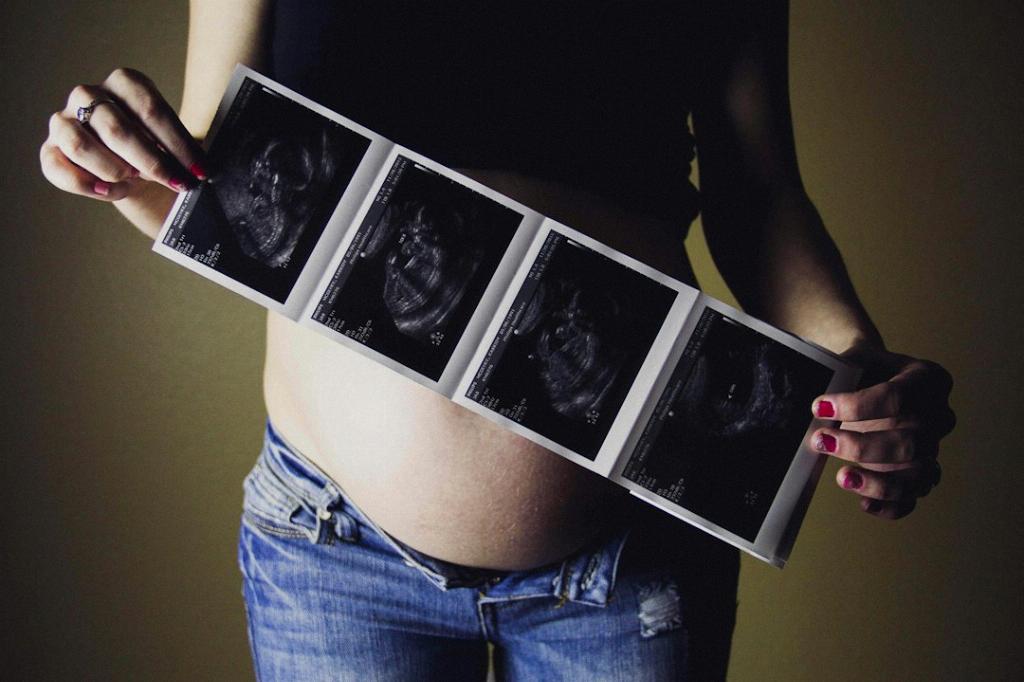During pregnancy, a woman’s body undergoes various changes to support the growth and development of the fetus. One significant change that occurs is in the cardiovascular system, where the heart works harder to pump blood efficiently to both the mother and the baby. As a result, the pulse rate, which is the number of times the heart beats per minute, can fluctuate throughout the pregnancy.
In the early stages of pregnancy, the cardiovascular changes begin to take place. However, changes in the heart rate are not immediately noticeable and typically occur later in the pregnancy. Around the first trimester, the pulse rate of a pregnant woman may start to increase slightly, reflecting the increased demands on the heart.
As the pregnancy progresses, the pulse rate continues to rise gradually. By around 34 weeks gestation, the average pulse rate for a pregnant woman is about 91 beats per minute. It’s essential to note that this number can vary within a range of 68 to 115 beats per minute, depending on individual factors and overall health.
Factors such as maternal age, fitness level, pre-existing health conditions, and the number of fetuses can all influence the normal pulse rate during pregnancy. Younger women and those with a higher level of fitness tend to have lower resting pulse rates compared to older women or those with underlying health issues.
It’s crucial for pregnant women to be aware of their normal baseline pulse rate and monitor any significant changes. If a pregnant woman experiences a persistently high or irregular pulse rate, it’s essential to consult with a healthcare provider to rule out any potential complications such as arrhythmias or other cardiovascular issues.
While some increase in the pulse rate during pregnancy is normal due to the body’s adaptive responses to support the growing fetus, excessively high or erratic heart rates can indicate underlying problems that require medical attention. Monitoring the pulse rate regularly can help in identifying any unusual patterns and ensuring the well-being of both the mother and the baby.
Stress, physical activity, emotional factors, and even hormonal changes can all contribute to fluctuations in the pulse rate during pregnancy. It’s essential for pregnant women to listen to their bodies, practice relaxation techniques, stay hydrated, and engage in gentle exercises to support cardiovascular health and overall well-being.
Furthermore, maintaining a balanced diet rich in essential nutrients, getting an adequate amount of rest, and attending prenatal appointments regularly can all contribute to a healthy pregnancy and help in regulating the pulse rate within a normal range. Proper hydration and avoiding excessive caffeine intake are also recommended to support optimal cardiovascular function.
By staying informed about the normal pulse rate changes during pregnancy and being proactive in monitoring any unusual symptoms, pregnant women can take proactive steps to maintain their cardiovascular health and ensure a smooth pregnancy journey. Consulting with healthcare providers for any concerns or questions regarding heart rate fluctuations is always advised to receive personalized care and support.
In conclusion, the normal pulse rate for a pregnant woman typically ranges from 68 to 115 beats per minute, with an average of around 91 bpm by 34 weeks of gestation. Understanding the factors that can influence pulse rate changes during pregnancy and taking proactive steps to maintain cardiovascular health are essential for a successful and healthy pregnancy experience.

